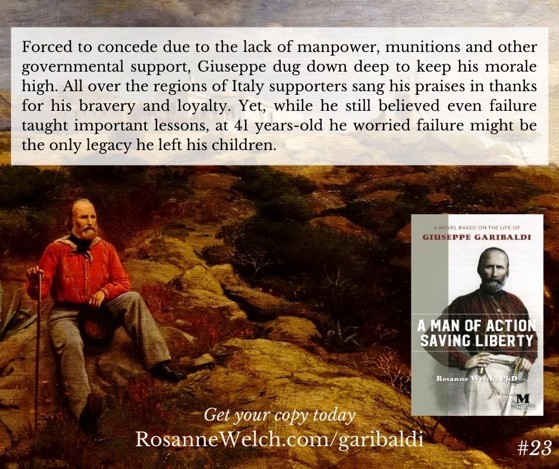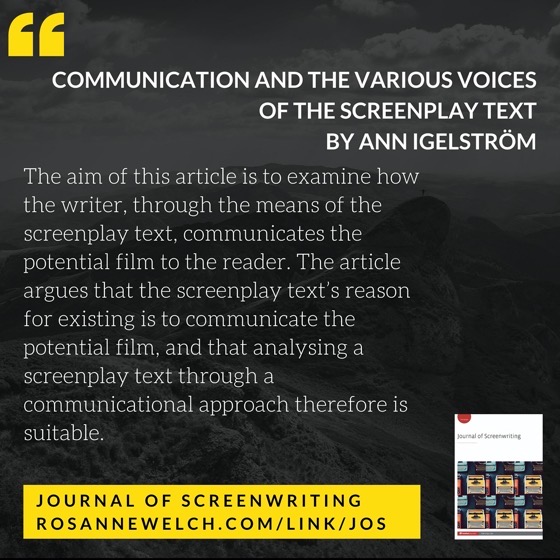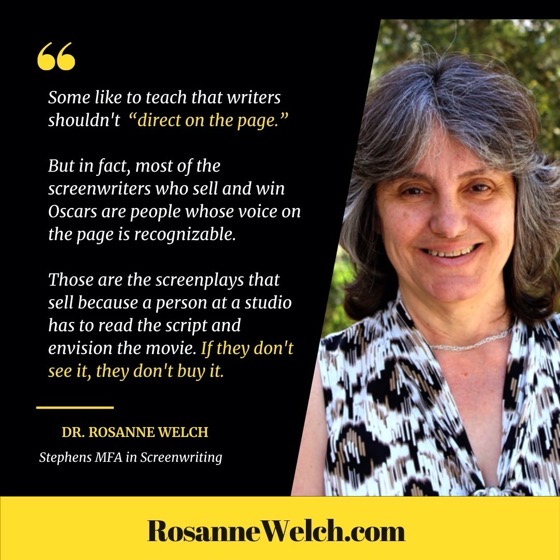Thanks to the gracious invitation from my Screenwriting Research Network colleague Paolo Russo – and a grant he was able to procure (and in the before-Covid time) I was able to spend a week at Oxford Brookes University working with the screenwriting masters students in Paolo’s course. At the culmination of the week, I gave this lecture on how writers rooms worked in the States.
Transcript:
Stephen Cannell — who I’m going to talk about briefly in a second — he was in a writer’s pool and he was asked to write an episode of this one day and the reason he stood out and became then his own showrunner was because he had the craziest little idea. Rather than worry about what’s the crime this week and what’s the problem the cops are involved with, he just thought what would happen if the police were assigned to work in a police car which kept breaking down all day. Just a funny little idea which then was the theme of the whole episode. How do you do your job when you’re not providing the proper equipment and that made other people in Universal buzz about this new cool writer and they pretty much thought he had a particular voice and to me that’s the most important thing and you hear this word a thousand times. What does it mean? How do you do it? What does it prove? I’m gonna make you do a little exercise practicing that because writer’s voice is style plus opinion. You have a style of writing and you have something to say, right? That’s the theme. If you don’t have a theme you have no reason to write anything.
Watch this entire presentation
Subscribe to Rosanne’s Channel and receive notice of each new video!
* A portion of each sale from Amazon.com directly supports our blogs
** Many of these books may be available from your local library. Check it out!
† Available from the LA Public Library
Podcast: Play in new window | Download
Subscribe: RSS
![10 The Writer’s Voice from There And Back Again: Writing and Developing for American TV [Video] (1 minute 3 seconds)](https://rosannewelch.com/wp-content/uploads/2021/02/rmw-oxford-brookes-10.png)

![Drs. Rosanne Welch and Sarah Clark discuss The Monkees “Monkees A La Carte” episode on the Zilch Podcast’s Monkees 101 Series [Audio]](https://rosannewelch.com/wp-content/uploads/2021/01/RMW-Rosanne-Signature-for-Web.png)
![Drs. Rosanne Welch and Sarah Clark discuss The Monkees “Monkees A La Carte” episode on the Zilch Podcast's Monkees 101 Series [Audio]](https://rosannewelch.com/wp-content/uploads/2021/02/zilch-162.jpg)
![Stephens College MFA Alumni Chase Thompson and Michael Burke Talk About Their MFA Experience on the Starcatcher Podcast [Audio Except]](https://rosannewelch.com/wp-content/uploads/2021/02/starcatcher-106-burke-mfa.jpg)




![48 Directing On The Page from Why Researching Screenwriters Has Always Mattered [Video] (1 minute 3 seconds)](https://rosannewelch.com/wp-content/uploads/2021/02/rmw-sao-paolo-48.png)


